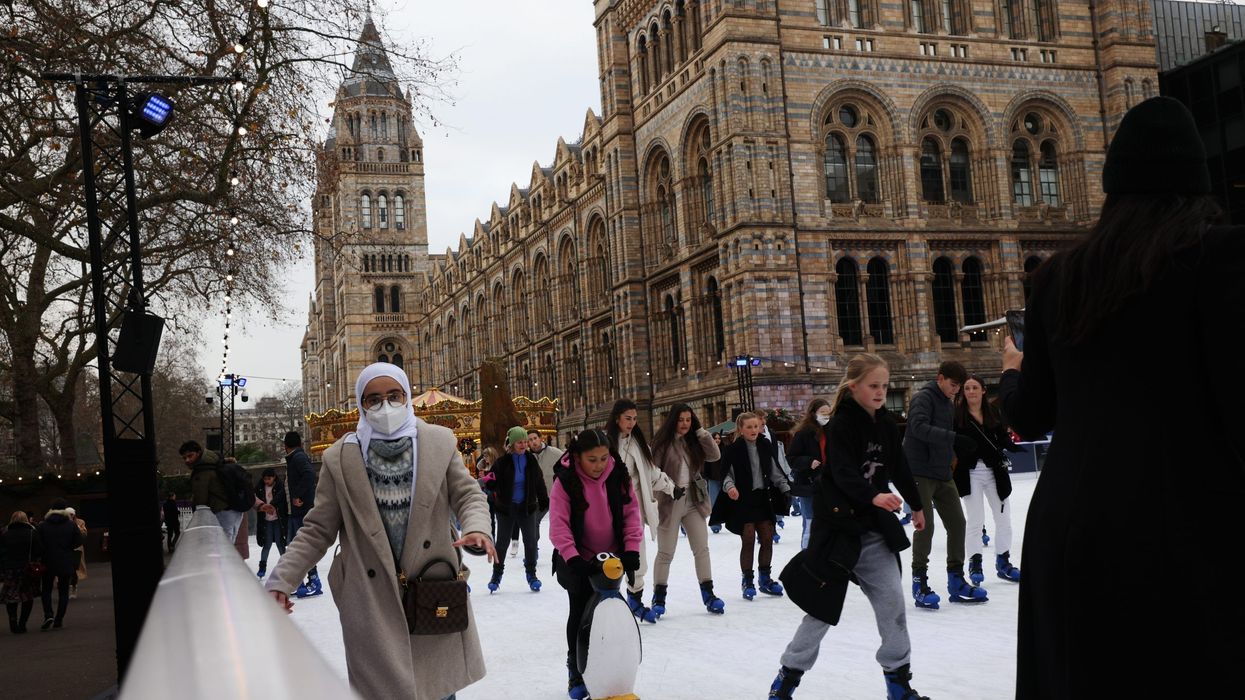Senior Tories urge PM not to “exacerbate and aggravate” pandemic fallout
One in 10 health workers could be forced to stop working because of Covid come the New Year, according to the chair of the British Medical Association (BMA).
The warning comes as senior Conservatives urged the prime minister to get a grip on the pandemic.
In the past few weeks, Boris Johnson and Downing Street have been mired in allegations of sleaze and rule breaking in the run-up to last Christmas.
Now, the BMA’s modelling of the pandemic suggests that in a worst-case scenario, 132,000 or 10 per cent of health care staff would have to self-isolate if the virus continued to increase.
“The NHS is already in a perilous stage space, and it would be pushing it to the brink,” said Dr Chaand Nagpaul.
“If we see that absolute level of absence, it will seriously jeopardise the ability for our health service to look after its population.
“At the moment, what we are finding is that non-urgent care is being sacrificed, where operations have been cancelled because they're not being able to be seen.
“But if we were to have one in 10 healthcare staff absent, that will threaten our ability to even deal with urgent patients and emergency services.
“So, it's vital that the government stem the spread of Omicron, that the government puts in place very clear decisive infection control measures in public settings.
“But it's also vital that the government goes beyond the sort of requests for the public to do the right thing into making sure that those measures are enforced, because one thing that UK has been very poor at compared to other nations is enforcing measures.”
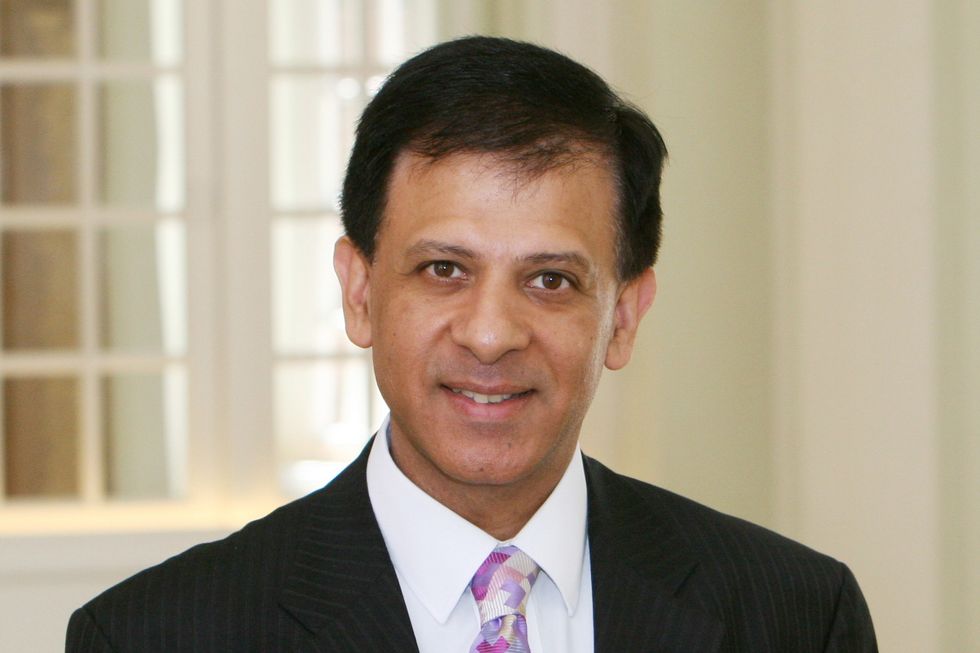
“Messy” transition
And one senior Tory, once described as part of former PM David Cameron’s inner circle, Lord Jitesh Gadhia told Eastern Eye, “This time last year we all hoped that 2021 would turn the page on the pandemic as the vaccination programme ramped-up.
“Twelve months on, we have apparently come full circle, with similar hopes for 2022.
“The harsh reality is that Covid will be with us, in some shape or form, for the foreseeable future.
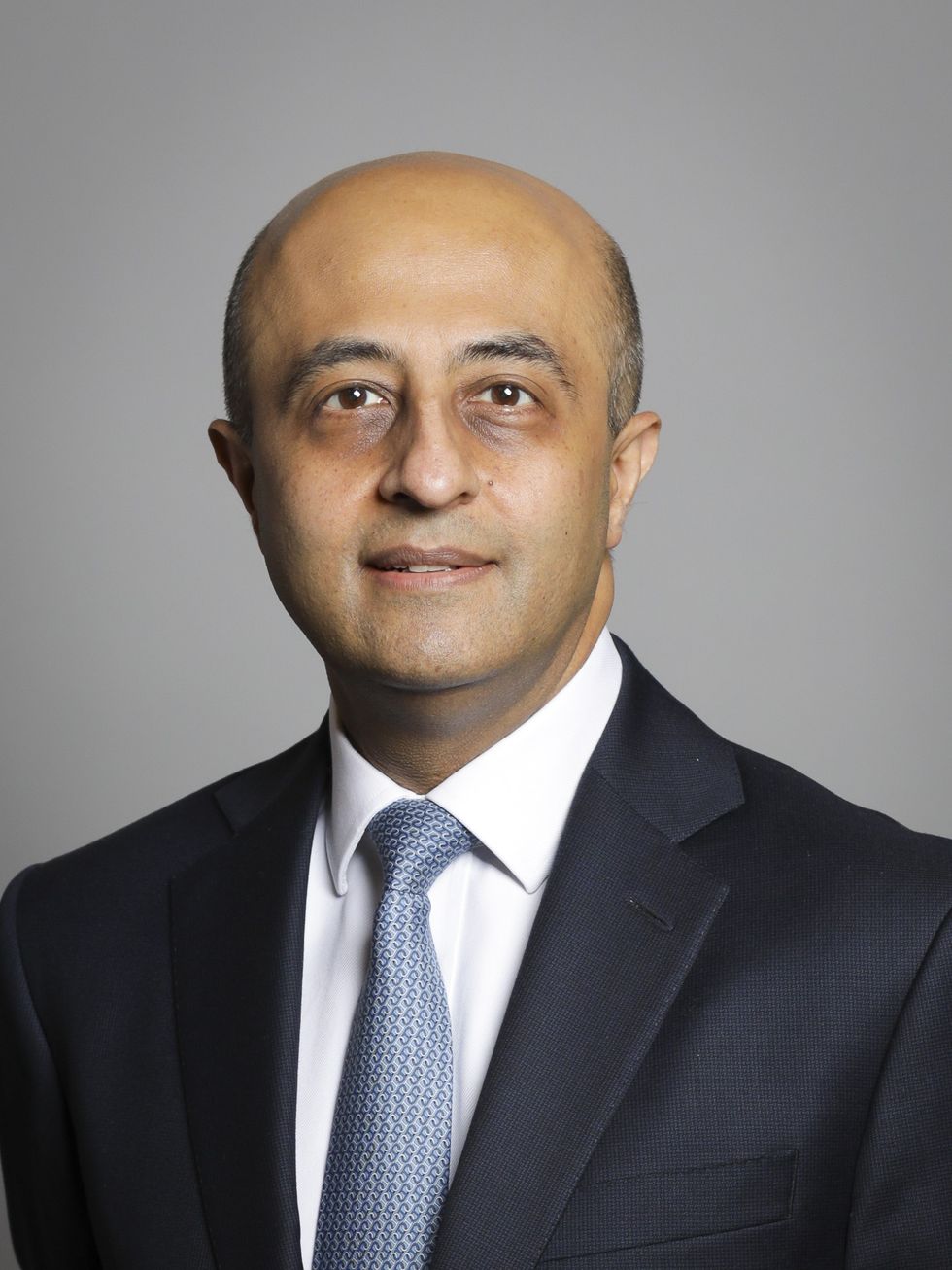
“The transition from pandemic to endemic will be more messy and protracted than expected.
“With this background of uncertainty, it is imperative that government policies provide a stabilising force rather than exacerbate and aggravate the situation.
“I therefore hope we will see greater consistency and predictability in decision making to provide businesses and individuals with a framework to plan for the future with maximum confidence.”
The Labour MP for Feltham and Heston, Seema Malhotra, said the government needed to tackle the potential sickness urgently.
“We've seen in recent times with the labour shortages in other sectors, hospitality and elsewhere, through the supply chain crisis, it is more pronounced, and it is more severe because people are coming down with Omicron with the speed of the spread,” she said.
“The health sector is not immune from that. So, with doctors and nurses and other healthcare staff, needing to be off to self-isolate, it is affecting the capacity of the NHS.
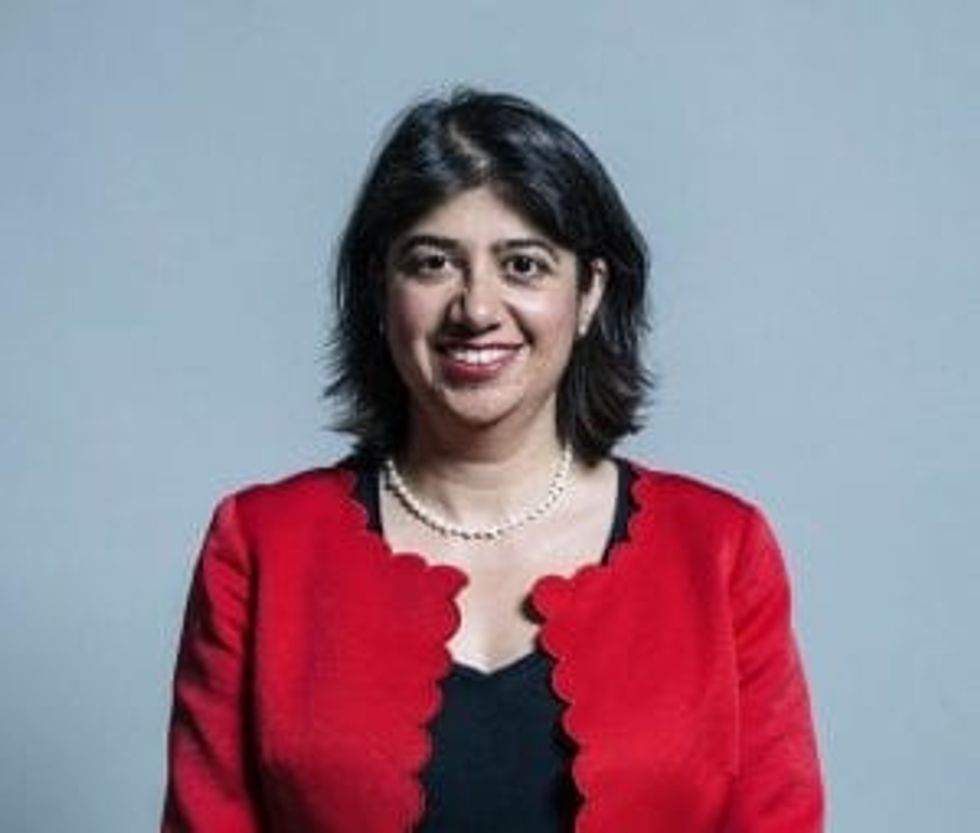
“That’s a point that hasn't been as understood when we've been having the debate about whether there should be some of the some of the measures that we have voted through in parliament.
“People are looking at the situation almost as if it's a like for like where you can compare where we've been before.
“So many of the circumstances are different, with flu, with the winter crisis we know the NHS experiences.
“Now with the speed of the spread taking out the labour force within the NHS, it is urgent that we that we deal with this.”
Fearful PM
Earlier this month (14), 99 Conservative MPs voted against tougher Covid measures.
Now Tory politicians are speculating whether the prime minister can survive.
Opposition MPs have also joined in the criticism of what they see as a lack of action based on the prime minister’s fear of his own party.
“The government is in an absolute mess, and that mess is of the prime minister's own making and his utter disregard for the rules,” said the Labour MP for Slough and shadow railways minister, Tan Dhesi.
“These never-ending revelations of parties that he himself has been involved in, along with the regular lying, the broken promises, I think that has severely eroded trust within the British public.
“Rather than concentrating on effectively dealing with the pandemic, the prime minister is having to do more party management and dealing with crises of his making.”
Since the start of the pandemic, Eastern Eye has reported how towns and cities with high south Asian populations have felt the brunt of restrictions.
The MP for one such city, the Leicester South and works and pensions shadow secretary, Jon Ashworth, is concerned that his constituents will continue to face massive problems if the government fails to slow down the rise of Omicron and other variants.
“These past two years have been absolutely miserable for people in cities like Leicester and the Asian communities,” he said.
“Not only do we know that the virus is disproportionately impacted many in Asian communities, but many businesses here in Leicester have been hugely impacted by lockdowns and restrictions.
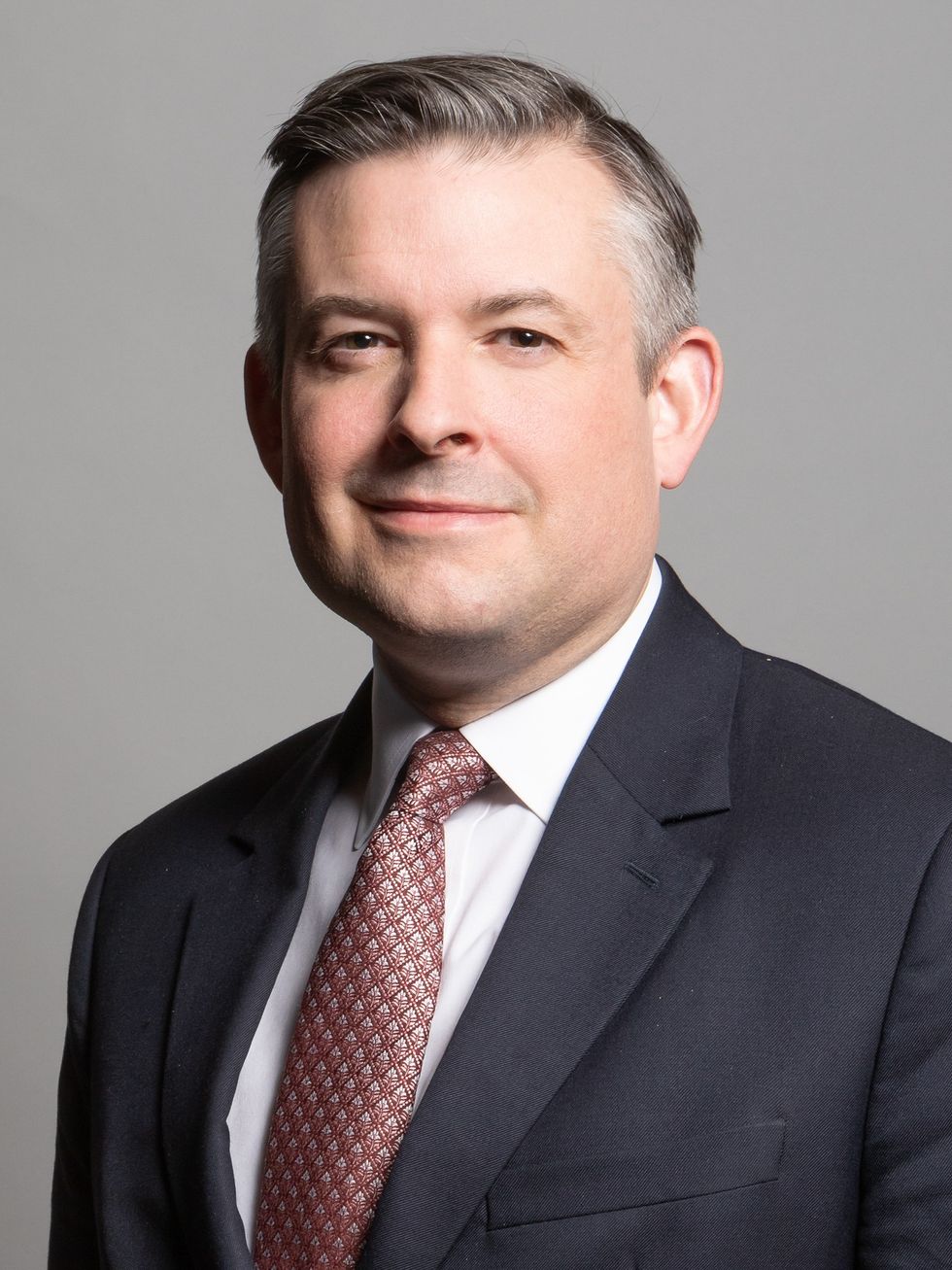
“It looks like we're heading for more lockdowns and restrictions. That is going to hit many businesses that many in the Asian community are involved with very, very hard.
“We've got to start really asking ourselves some questions, what are we going to do to support our economy? What are we going to do to support the small businesses?
“What are we going to do to better support the brilliant network of community pharmacists across the country, many of them from Asian communities, to delivering the vaccines which will be under increasing pressure in 2022?”
Burnt out doctors
That pressure on the health service worries the BMA chair, Dr Chaand Nagpaul, who wants better protection for those on the front line.
“More self-isolating is having a knock-on effect on those who are carrying on working because having to cover the absence of their own colleagues,” he told Eastern Eye.
“They're already exhausted but they have little choice because ultimately healthcare workers do their duty for patients, but at huge cost.
“What they want to see is the government put in place proper measures to protect them.
“We're worried at the moment that the protection that's being offered to doctors is not a sufficient nature.
“We're being given surgical facemask, which does not confer adequate protection against the virus.
“We're calling for higher grade masks, which do block out viral particles instead of just droplets.
“We want to see proper social distancing in GP surgeries and hospitals, the government has removed social distancing requirements to one metre at the moment.
“We want to see compulsory requirements around ventilation and filtration devices.
“We want to see workplace settings that give the proper wellbeing support to those who are suffering distress.
“They're also feeling that they have an extremely daunting task ahead, it's just that they're dealing with it.”
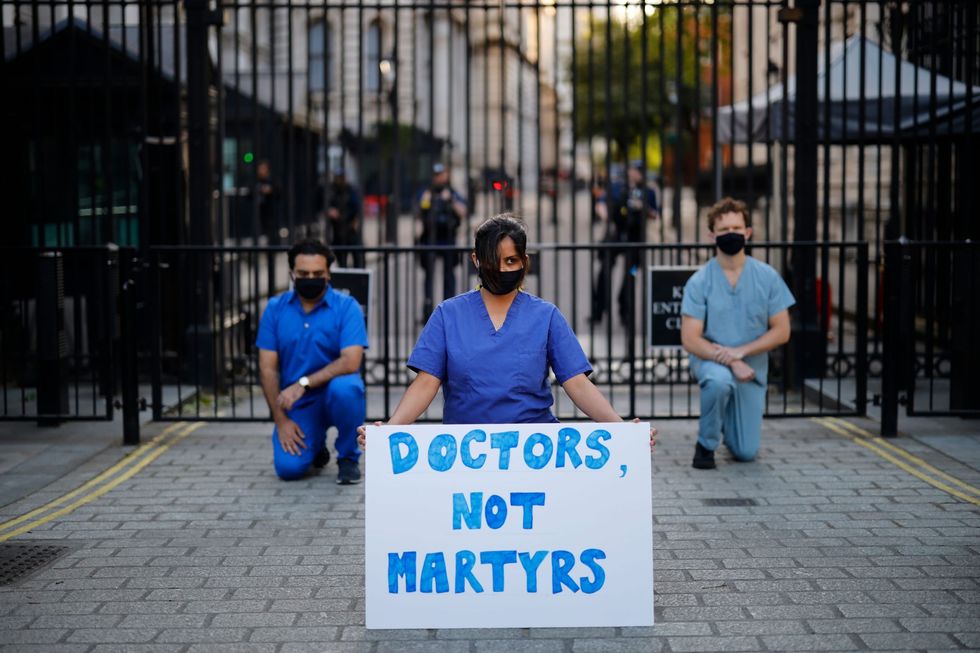
Nagpaul also warned that healthcare staff simply feel “burnt out”.
“A significant 50 per cent want to reduce the level of work because they cannot cope.
“We know about 50 per cent also are suffering with some form of mental distress.
“That's what they've told us, and so they need to be looked after, their workload needs to be manageable, and they need some rest.
“That requires the government to be open with the public of just what they can expect from their medical workforce and clinical workforce.”
Throughout the pandemic, Eastern Eye has reported how disproportionately more south Asian and black doctors have died, and how they feel forced to work on the front line without adequate protection.
This newspaper has learnt that the British Association of Physicians of Indian Origin (BAPIO) has written to the NHS chief executive calling for hospital leaders to carry out “proper and adequate” risk assessments.
“Our doctors are concerned that there is a significant number of unvaccinated patients as well as it is likely that Omicron has impacted some vaccinated people,” said Dr Ramesh Mehta, BAPIO’s founder and president.
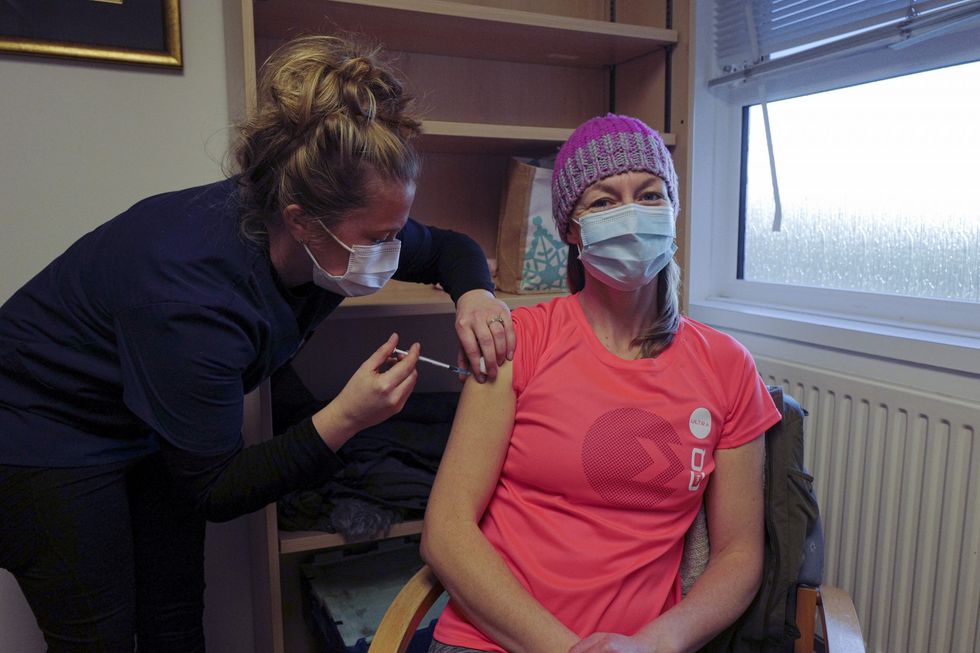
“The net result of this is likely to be a lot of patients being admitted in emergency and in intensive care.
“What happened during the first wave is that there wasn't enough equipment, there wasn't enough staff and there were problems several problems and on the top of it, we know mortality and morbidity was very significant.
“We have said that our members are worried that there may not be enough equipment, there is already a very significant shortage of staff and a lot of them with Omicron may have to go in isolation.
“So, there is going to be an even worse situation for the available staff members.”
Financial help
At the end of September (30) the government stopped its financial help to businesses and the self-employed.
One of the biggest concerns among doctors and parliamentarians is that those who have tested positive for Omicron will continue to work because they need the money to feed their families.
“These people have worked in these businesses for a long time to develop these businesses, and they put their life’s work into it,” Khalid Mahmood, Labour MP for Birmingham Perry Barr and shadow defence minister, told Eastern Eye.
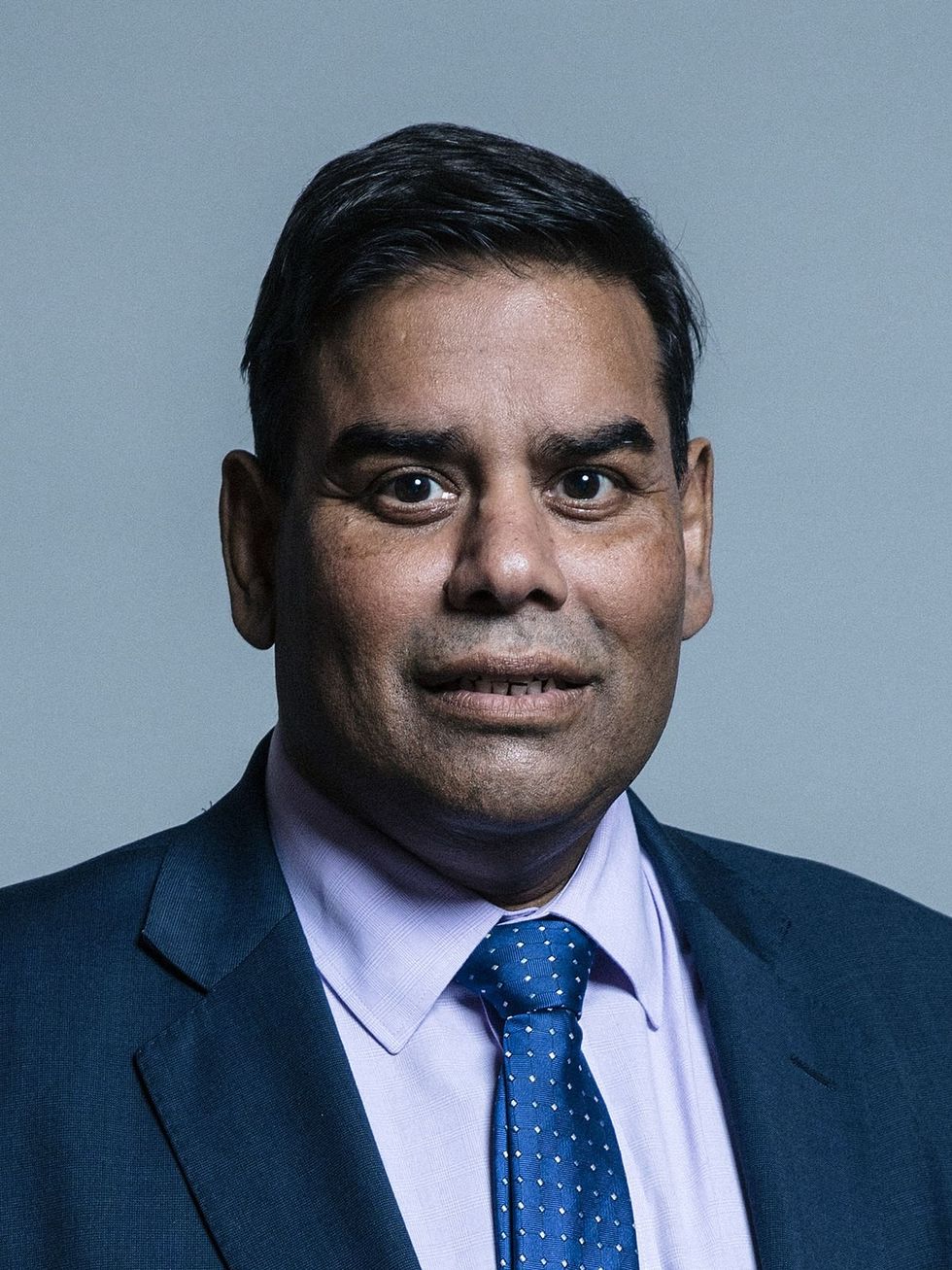
“It's also their pensions as well, and that's a very, very serious issue.
“We cannot create another group of people who will have lost everything.
“So, the chancellor has to find them funding to replace the money that they will be spending, we'll have to do that.
“Those people cannot be allowed to think their whole livelihood and the families will go down, and that it would be very, very tragic, in this day and age, living in the western world to allow people to go back into poverty.”
His colleague, Seema Malhotra, the shadow business minister, said Labour had been urging the government to ensure adequate statutory sick pay.
“We've called for it to make sure that it's accessible, we've said that we mustn't have people being forced to choose between working when they've got Covid in order to make ends meet, because it puts themselves their families and the community at risk,” she said.
“We've called for support for businesses.
“We've been saying this because plan B was known about and needed to be planned for months ago.
“Business organisations have told me that they put forward recommendations months ago for what should happen in the event of plan B.
“It is happening so quickly, may have been unexpected, but the fact that we needed to be prepared for this situation is not a surprise.
“In my view, the government has been asleep at the wheel on this.”
On Tuesday (21), the chancellor, Rishi Sunak, announced a £1bn fund to help the hospitality industry.
Eligible firms could claim cash grants of up to £6,000 per premises.
He also said the government would help certain firms with sick pay for Covid-related absences.
Sunak also unveiled an extra £30m to help theatres and museums.
Eastern Eye has also learnt that the BMA has written to the prime minister urging him to ensure “vaccine equity” so poorer nations have access to vaccinate their citizens.
“I’ve been very clear about his responsibility for the UK to play its part in vaccine equity, including a waiver where effectively you allow the patient to be removed, so that other developing nations can [manufacture] the vaccine without financial impediments.
“That's going to be a really important part of 2022, and I hope it's a year where there's a global effort to bring down Covid rather than looking at the national interests.”
CHARITY BEGINS AT HOME FOR ASIAN RESTAURANT
Boss of Dishoom proud to feed millions of children during pandemic
It is probable that the hospitality trade will be grateful this Christmas and New Year for the chancellor’s £1 billion fund, writes Barnie Choudhury.
According to global consultants AlixPartners, one in 10 restaurants have been forced to shut permanently during the pandemic [between March 2020 and April 2021].
Its research suggests that during July and the end of September, with full trading conditions in the summer, almost 1000 closed down.
Despite the hardships one south Asian restaurateur has made sure all his 1700 team kept their jobs.
“We managed to pass through the whole pandemic without getting rid of anyone's jobs,” co-founder and boss of Dishoom, Shamil Thakrar told Eastern Eye.
“I think the nice thing is that we always enter the UK best places to work, and this year, we came out number four best company in the UK, and the top company hospitality for a place to work, which I think is a really good result
“This also helped us during the staff shortages over these last few months as well.
“It was much easier to get people to essentially recruit their friends and acquaintances.”
Dealing with adversity
He is dealing with the latest restriction with the stoicism of someone who has had to deal with adversity for almost two years.
“We were quite excited about this December. Sadly, it's been cut short.
“But I suppose we just take the environment that we operate in, and we have to sort of roll with the punches.
“I think that this year, we're getting better at changes. Omicron comes up, I guess we've seen this movie.”
Like all movies, the script demands adaptations and changes.
“I think the delivery business helps us enormously. The meal kit business was in enormous help.
“We opened a new restaurant during the beginning of the pandemic, and we had an extension of a restaurant near Covent Garden, we doubled in size during the pandemic.
“We've had to work quite hard to make it all work.
“Omicron obviously looks very infectious, but I suspect that because of that, whatever happens will be quick.
“I'm delighted that we've got such a high number of boosters already into the population, and we're going very fast. But who knows?”
Feeding children
In 2014 during Ramadan, Dishoom began its “meal for a meal” initiative.
For every meal bought by customers Dishoom, along with long-term charity partners, Magic Breakfast and Akshaya Patra, donated a meal to a child in the UK and India who would have otherwise gone hungry.
“During the pandemic, we had 10 million meals in total, that were donated,” Thakrar explained.

“I think we're up to 11 million now, maybe a bit more than that. So, that's something that I'm really proud of that we continued.”
Dishoom also supported the NHS during the lockdown by sending 20,000 meals [biryani and daal] to healthcare workers.
Thakrar is well-known for championing mental well-being and agreed that he was “a half-glass-full” type guy.
“We focus really a lot on people's mental health, we focus a lot on creating connections.
“I mean, I ran fortnightly yoga classes to people from my house, and we did lots of different things like that, which I think really stood us in good stead.
